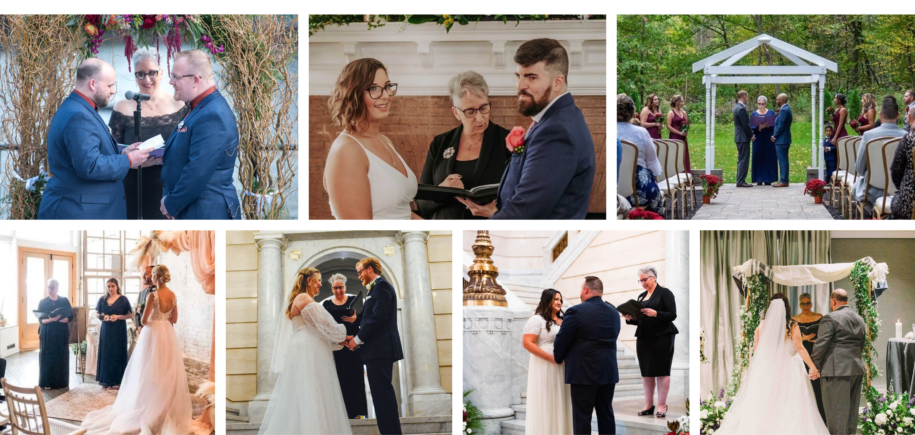Planning a wedding is an exhilarating journey filled with love, excitement, and endless decisions. Amidst all the romance, it’s crucial not to overlook the legal side of saying ‘I Do.” From obtaining a marriage license to understanding the duties of your wedding officiant, there are important legal considerations that every couple should be aware of before saying “I do.” Let’s dive into the essential details to ensure your union is not only magical but also legally binding.
Obtaining a Marriage License – One of the first steps in the journey to marriage is obtaining a marriage license. While the specific requirements vary by location, the process generally involves visiting the local county clerk’s office together and providing necessary documentation, such as identification and proof of age. It’s essential to research the requirements in your jurisdiction well in advance, as there may be waiting periods, residency requirements, or additional documents needed.
Understanding Officiant Duties – Your wedding officiant plays a crucial role in your ceremony, not only in overseeing the exchange of vows but also in ensuring the legality of your marriage. Whether you choose a religious leader or a professional officiant, it’s important to understand their duties and responsibilities. In many jurisdictions, officiants are required to be legally recognized and registered to solemnize marriages. Be sure to verify that your chosen officiant meets the legal requirements of your location to avoid any complications down the road.
Filing Legal Paperwork – After the ceremony, there’s still paperwork to be completed to make your marriage official in the eyes of the law. Your officiant will typically oversee the signing of the marriage license, along with witnesses (if required), and ensure that it is properly filed with the appropriate government office. It’s crucial to follow up and obtain copies of your certified marriage certificate for your records and for any legal or administrative purposes that may arise in the future.
Special Considerations for Destination Weddings – If you’re planning a destination wedding in another state or country, be aware that the legal requirements may differ from those in your home jurisdiction. Research the marriage laws and regulations of your chosen destination thoroughly, including any translation or authentication requirements for documents. Consider consulting with a local wedding planner or legal expert who can guide you through the process and ensure compliance with local laws.
While the journey to marriage is primarily a celebration of love and commitment, it’s essential to navigate the legal aspects with care and attention to detail. By understanding the process of obtaining a marriage license, clarifying officiant duties, and ensuring proper paperwork is filed, you can embark on your marital journey with confidence and peace of mind. Remember, a solid legal foundation is the perfect complement to a lifetime of love and happiness together.

